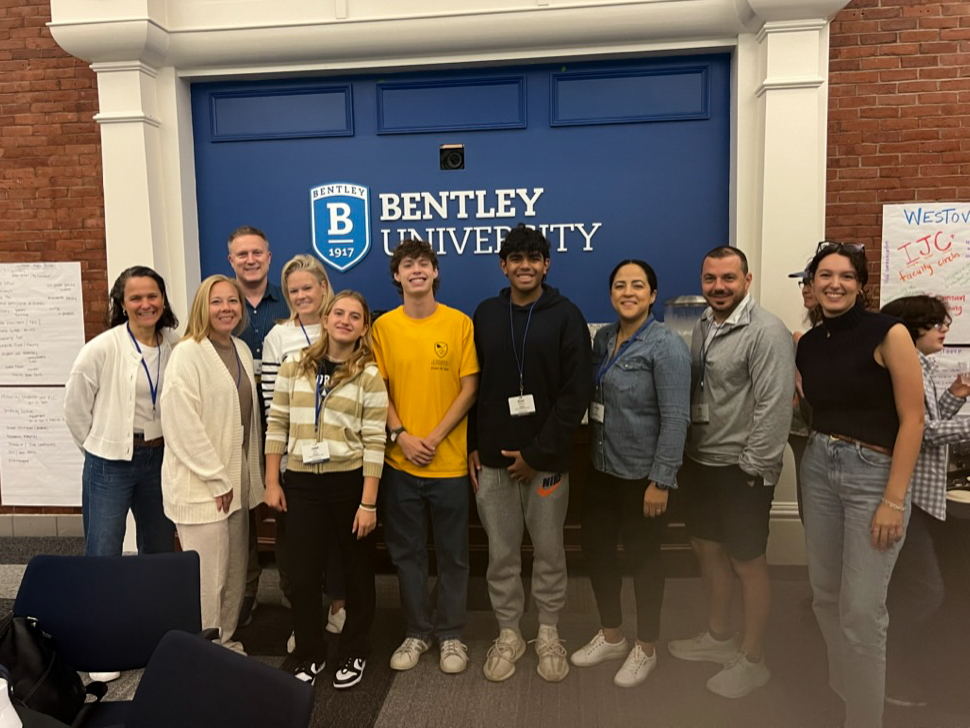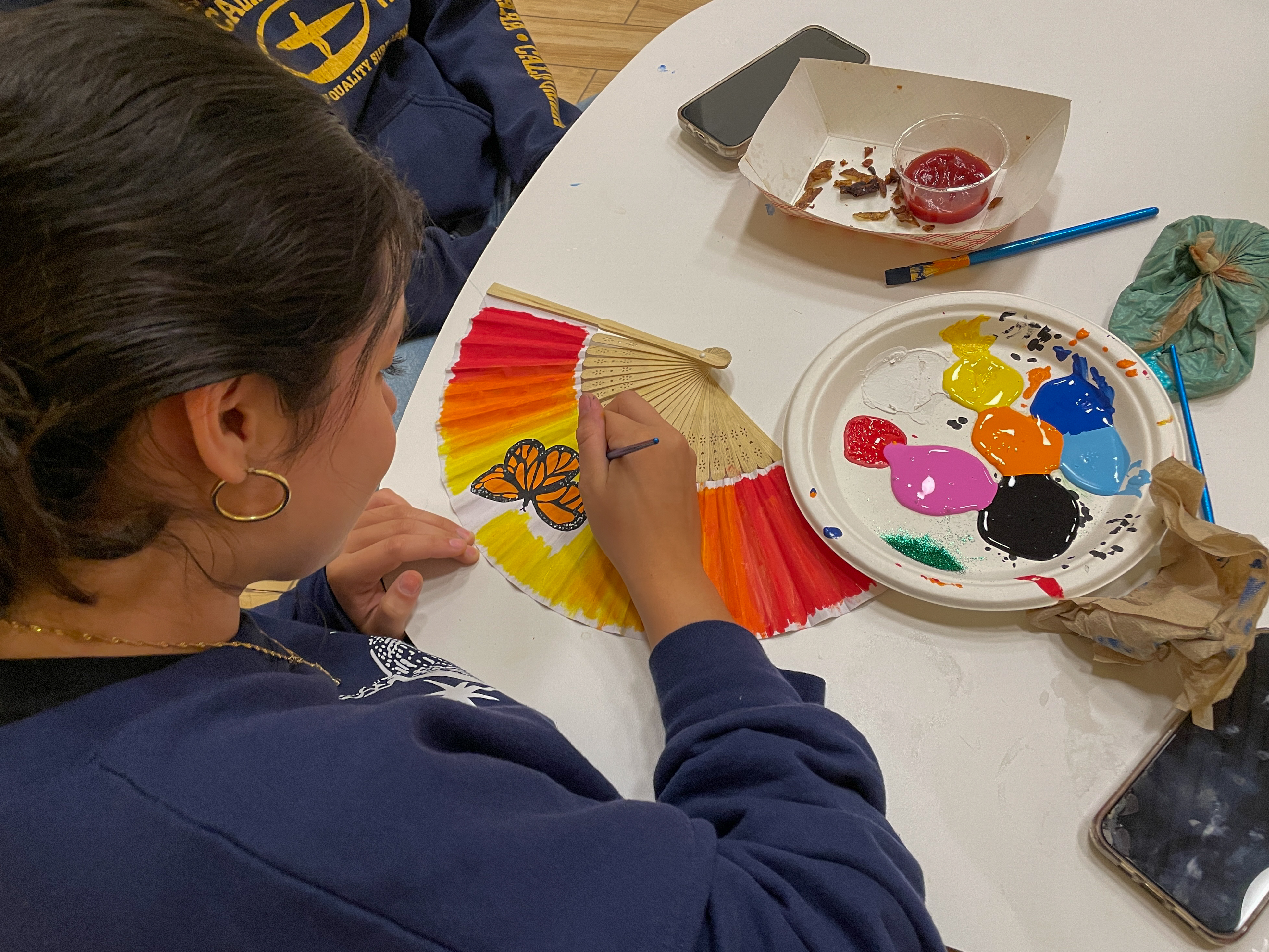For the past three issues, I have explored the state of mental health at Choate, taking a closer look at the support systems that are available to students, competition inside and outside the classroom, and diversity within the health center. To conclude this series, I will be examining the one of the more controversial elements of mental health at this school: medical leave.
Regardless of individual students’ experiences and opinions regarding the Pratt Health Center and how mental health is handled on campus, there are few things as damaging to the Health Center’s reputation among students than the concept of medical leave, commonly referred to as “med leave.” Medical leave is not at all unique to Choate; other boarding schools and colleges offer similar leave opportunities, operating under the assumption that a period of separation from the school would be beneficial to certain students’ health and the wellbeing of the community. However, despite how commonplace the existence of medical leave is, many students continue to vilify the practice, choosing to view it as a type of punishment rather than a form of rehabilitation.
According to the Student Handbook, students who are “unable to engage constructively in school life for medical reasons” are allowed medical leave. In certain cases, students who, by the discretion of the school, would “compromise that student’s safety or wellbeing or the safety and wellbeing of other students” are required to go on medical leave.
However, the practice continues to remain a source of suspicion to some students because of how the decision-making process involves both the Health Center and the Choate administration. Some, like Lanie Schwartz ’16, believe that when a student is placed on medical leave, it is an acknowledgement by the administration that the student might be a liability and implies that the student doesn’t belong at Choate.
Many of the issues that students have with medical leave clearly stem from misperceptions regarding the process. Jerri Norman ’17 mentioned the intense stigmatization of mental health, both at Choate and beyond, saying, “People are more aware that mental health is an issue, but I’m not sure that there has been a change in more people going to get help if they need it. There is still a fear of medical leave.”
Nancy Miller, the Fourth Form Girls’ Dean, elaborated on the misperceptions of medical leave within the student body. “Students have this misapprehension that those of us in the deans’ office, adults in the community, just slap on a med leave as soon as we look at you. Things like medical leave, counseling, those decisions are made carefully and slowly, except when there is a situation when someone is in dire straits and even then, the administration moves carefully and thoughtfully.” Additionally, the Student Handbook states that the length of medical leave is specified on an “individual, case-by-case basis.”
Despite the caution exercised by the health center and faculty members when suggesting med leave, confidentiality agreements ensure that the reasons behind med leave are never revealed, only exacerbating the poor reputation that medical leave has among students. Associate Dean of Students Mr. Will Morris said, “There will never be full transparency or clarity, primarily because the privacy of the individual involved is paramount, and secondarily, because every single case is different and unique. There will always be a lack of information. In the absence of information, that void is going to be filled by speculation.”
However, Mr. Morris noted that any speculation that results after a student goes on medical leave often “creates an additional roadblock” for those who seek mental health support at Choate.
Martha Zhang ’16, who went on medical leave last spring, said that she, like many students, initially viewed medical leave in a negative light. However, since returning to campus, she believed her perspective became more nuanced. “I thought, ‘If I wasn’t being treated like a liability, why else would I be escorted by a police officer off-campus?” However, she reflects that after hearing about various student-caused incidents on campus that jeopardized the entire community, she understood, “the amount of fear that was caused by one student.” She continued,“I think that it might be fair to move someone off campus if they pose a threat to anyone else’s personal safety.”
In a previous article in this series, Zhang mentioned that the separation from Choate allowed her to have more “mental clarity,” something she acknowledged would have been harder to attain had she remained at the school.
Associate Director of Counseling Ms. Judith Bender responded to these concerns by explaining that the issue is not necessarily one of “belonging,” but of the resources that are available to help students. “Anybody who is here deserves to be here, and it’s our responsibility to support them in every way that enhances their experiences here.” However, she also acknowledged that Choate “is a school. It’s not a psychiatric facility, so if we put all our energy into the small number of kids who have serious problems, then we’re also neglecting everybody else.”
She continued, “Let’s say there’s a girl in your dorm who has a really bad eating disorder and kids are starting to take care of her, worry about her, stay up at night to make sure she eats or doesn’t throw up — that’s not your responsibility. We can’t have kids not doing their jobs as being students here.”
Mr. Morris offered a similar perspective, saying, “Because we have a real commitment to our students, it can be hard for us as a community to acknowledge that we are limited in our capacity to support certain specific student needs. It feels like we are acknowledging perhaps a weakness in that limitation. On the other hand, it would be irresponsible for us to put a student in a situation where they were going to be unsuccessful because of our ability to support them was insufficient.”
Fighting the perceptions that many students have on medical leave is one way to combat that fear and stigmatization. As Mr. Morris remarked while speaking about students’ perceptions, “Part of being a member of the community is putting faith in the individuals who do the work that they’re doing it in the best way that they can.”




